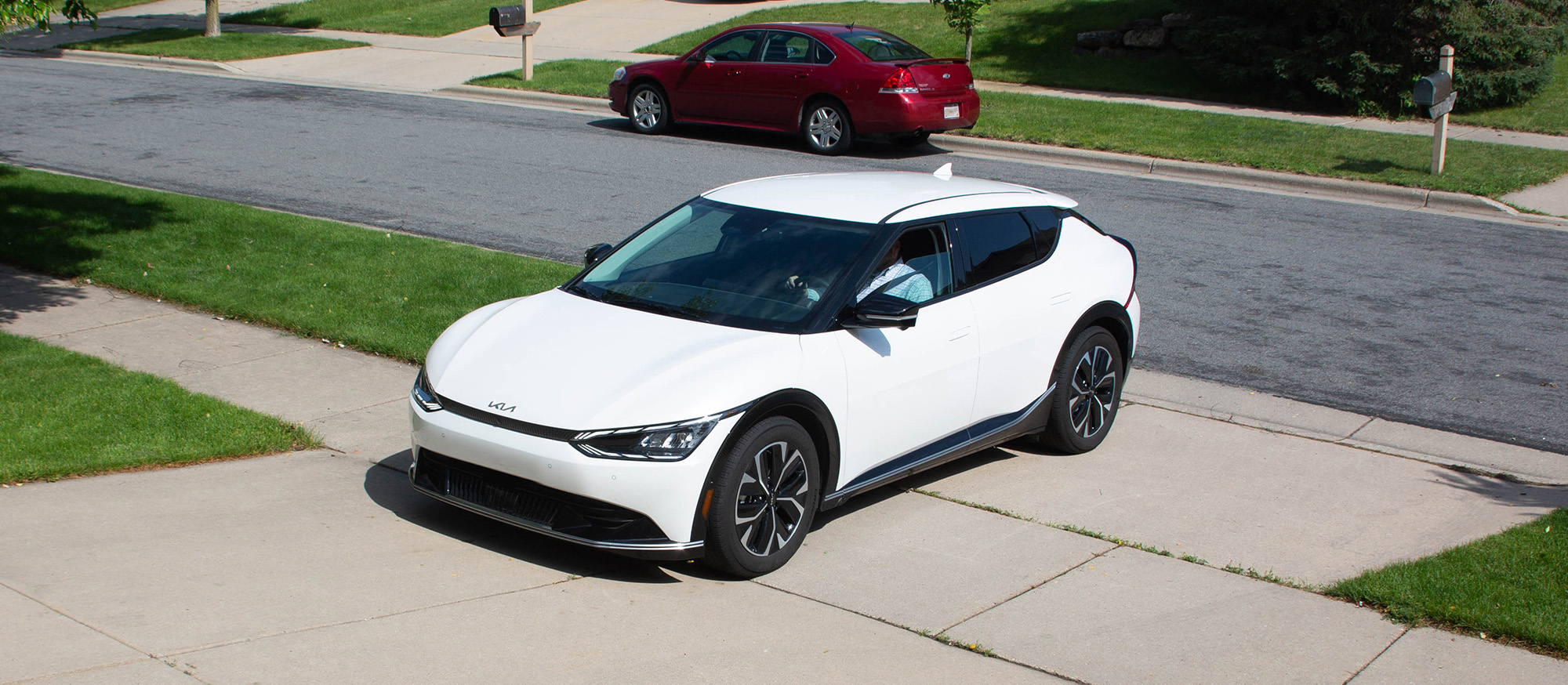Baeugi News Hub
Your source for the latest news and insightful articles.
Why Electric Cars Are the New Cool Kid on the Block
Discover why electric cars are taking over the streets and turning heads—find out what makes them the must-have ride of the future!
10 Reasons Why Electric Cars Are the Future of Driving
As the world increasingly confronts the challenges of climate change, electric cars are emerging as a viable solution. With the ability to reduce greenhouse gas emissions, they represent an eco-friendly alternative to traditional gasoline-powered vehicles. According to the Environmental Protection Agency, electric cars produce zero tailpipe emissions, significantly contributing to cleaner air. Furthermore, advancements in battery technology are leading to longer ranges and faster charging times, making electric driving more convenient than ever.
Another key reason why electric cars are likely to dominate the future of driving is their improved cost-efficiency. While the initial purchase price may be higher, the long-term savings on fuel and maintenance are substantial. Electric vehicles (EVs) have fewer moving parts compared to traditional vehicles, resulting in lower maintenance costs. According to Energy.gov, many governments also offer incentives for buying EVs, making them an increasingly attractive financial option. With the ongoing expansion of charging infrastructure and advancements in renewable energy sources, the appeal of EVs will only grow.

The Environmental Impact of Electric Cars: What You Need to Know
The rise of electric cars has been heralded as a significant step towards reducing greenhouse gas emissions and combating climate change. However, understanding the environmental impact of electric cars extends beyond just tailpipe emissions. According to a report from the Nature Publishing Group, the production of electric vehicles (EVs) can result in higher carbon emissions, primarily due to the energy-intensive manufacturing processes for lithium-ion batteries. It is essential to consider the complete lifecycle of EVs, from raw material extraction to end-of-life disposal, in order to assess their overall environmental footprint.
Another crucial aspect of the environmental impact of electric cars lies in the source of the electricity used to recharge them. If the power is derived from fossil fuels, the emissions savings may be marginal compared to traditional vehicles. As noted by the U.S. Environmental Protection Agency (EPA), transitioning to renewable energy sources, such as solar or wind, can significantly enhance the sustainability of electric cars. Additionally, advancements in battery recycling technologies are necessary to minimize the ecological consequences of battery disposal, further contributing to a greener future.
Are Electric Cars Really Worth It? Pros and Cons Explored
When considering whether electric cars are really worth it, it's essential to weigh the pros and cons. On the positive side, electric vehicles (EVs) offer significant environmental benefits, as they produce zero tailpipe emissions, which can contribute to improved air quality. Moreover, the cost of electricity is generally lower than gasoline, leading to reduced fuel expenses. Additionally, many governments provide incentives and tax credits for EV buyers, further enhancing their affordability. However, it's important to consider the limitations such as range anxiety, the availability of charging stations, and the higher initial purchase price compared to traditional vehicles.
On the flip side, some cons of electric cars include the longer charging time compared to refueling a gasoline car, which can be inconvenient for long trips. Battery degradation over time may also result in decreased range and performance, although advancements in battery technology are continuously mitigating this issue. Furthermore, potential buyers should consider local electricity sources, as fossil fuels still account for a portion of the electricity used to charge EVs. Ultimately, whether electric cars are worth it depends on individual circumstances, including driving habits, budget constraints, and personal values regarding sustainability.